ELEVEN QUESTIONS: Kana Lauren
My sense of home has never really been about a fixed place, and more about connection, community, and belonging.
impervious, adjective im·per·vi·ous | \ (ˌ)im-ˈpər-vē-əs \
Definition of impervious: not capable of being damaged or harmed. Not capable of being affected or disturbed.
Writer, farmer and educator answers Eleven Questions for Occasionally Impervious. Kana lives in Kamikatsu, Japan’s first Zero Waste Village. She is cofounder of INOW, an educational program that connects people from around the world interested in learning about sustainability and conscious living. She is also the creator of Tending Gardens, a featured newsletter on Substack where she writes about living in rural Japan.
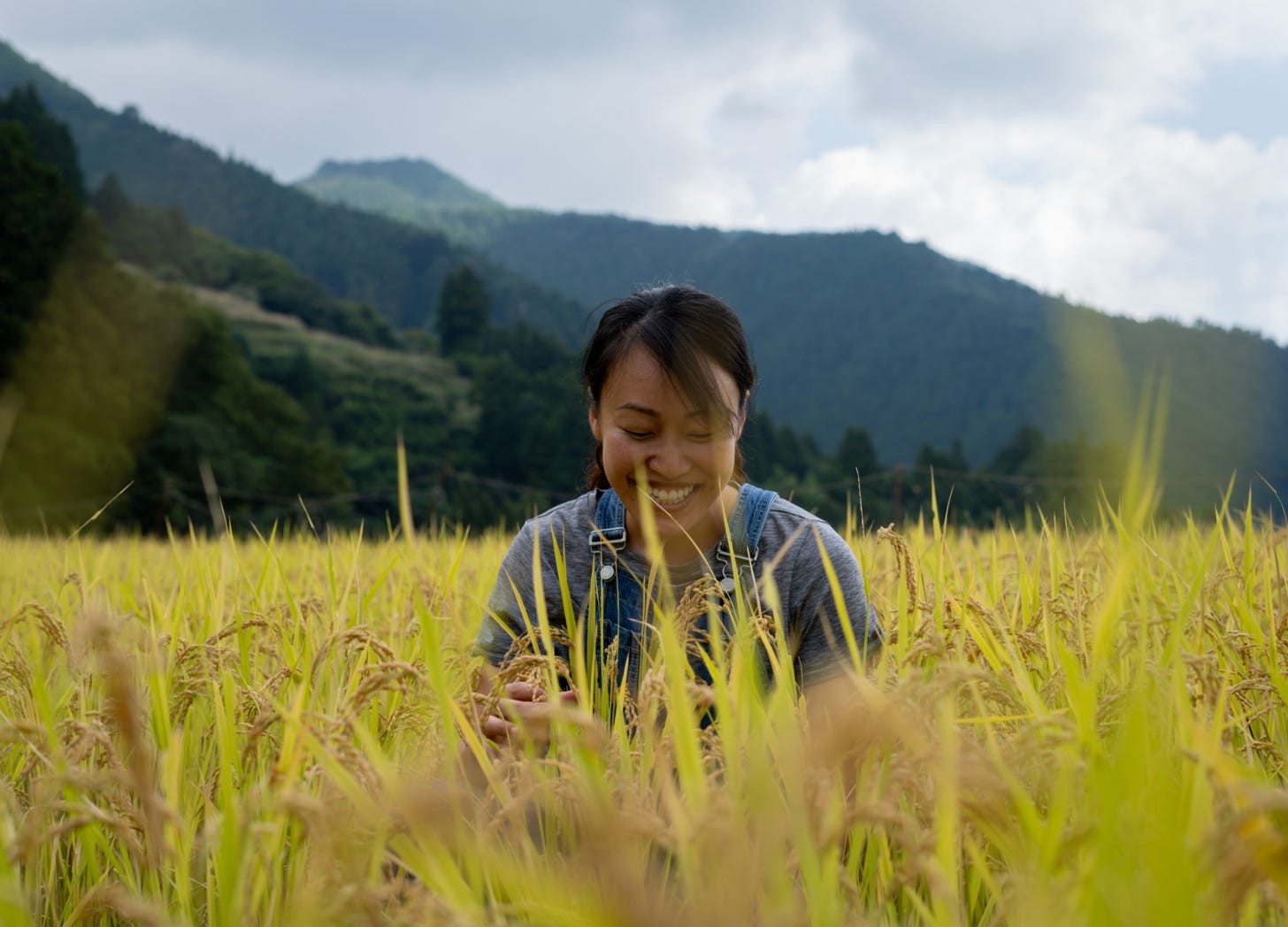
1. What can you tell me about your given or chosen name?
My name is Kana Lauren. Growing up in Canada, I went by Lauren because my parents chose it hoping I’d fit in more easily with an Anglo-Saxon name. It’s hard to know what kind of reception I might have received growing up with a more “foreign” sounding name. I understood where my parents were coming from, and I’m grateful they made that choice for me. At the same time, I’m glad to now embrace the name that connects me to their homelands. When I moved to Japan in 2020, I started using Kana, my Japanese name. I like how simple and soft it sounds.
2. Do you have a favorite book or story from your childhood?
It’s not a childhood book exactly, but one that’s become very special to me over the years is “Big Panda and Tiny Dragon” by James Norbury. My partner, Sil, gave it to me, and I’ve treasured it ever since. (I don't remember on what occasion he gave it to me, or why, and neither does my partner, haha! But he does remember giving it to me.)
The book follows the journey of two unlikely friends and the small conversations between them. It has simple illustrations and it’s full of insight about friendship, uncertainty, and learning to accept ourselves. I highly recommend it! It’s a beautiful gift to anyone who just needs a bit of calm and reminders of the most important things in life.
3. What are your favorite sounds? If you are Deaf or hard of hearing, please share a favorite sensory experience of your choosing.
The sounds of spring always bring me joy. Frogs croaking in the rice paddies, the sound of rain on my roof, birds calling through the trees near my home. I really enjoy the sound of a particular uguisu (鶯) bird, also known as the Japanese bush warbler. It has a distinct call that signals the arrival of a new season. But early in spring, when the young ones are just learning how to sing, it comes out a little wobbly and out of tune. I love that sound most of all. I can’t help but picture the tiny baby uguisu finding their voices.
4. What is your favorite thing to eat? Do you know how to make it? Who taught you?
I always struggle with favorites because it really depends on the season, my mood, and who I’m with. But one dish I love deeply is korokke (コロッケ), Japanese croquettes made from mashed potatoes and different fillings, then breaded and fried. I try to make it at least once a month!
My mom only made them once in a while growing up because they’re quite time-consuming to make. So whenever we had them, they always felt like a treat! What makes them extra special is that we used to make them together as a family — my mom would shape the patties, my sister would dip them in egg, I would dip in panko bread crumbs, and my dad would fry them. Cooking together is a cherished memory! (Click here for a recipe.)

5. What is your favorite quote?
"Above all, I have been a sentient being, a thinking animal, on this beautiful planet, and that in itself has been an enormous privilege and adventure.” - Oliver Sacks
That’s a quote from Oliver Sacks from a collection of essays he wrote near the end of his life called “Gratitude.” I return to it often because it reminds me to stay present and to appreciate the extraordinary fact of simply being alive.
6. What is something that you used to believe but no longer do?
For a long time, I believed that strength meant doing things entirely on my own. I was very set on being independent and proving to myself that I could do things independently. That kind of courage was sharp-edged (and also not without pride). But I’m learning that there’s another kind of courage too that is much softer — letting others in, asking for help, admitting when I can’t do it all. That shift has been humbling and healing. It’s been most noticeable in my relationship with my partner. It’s made me realize that people close to me want to be there, and allowing that/them in is its own kind of strength.
7. What do you value most in a friendship?
Laughter and joy are sunshine and water for friendship. I’ve moved around a lot and live far from many of my closest friends, so I’ve learned that friendship can stretch across distance. When I was younger, friends helped me grow because I was painfully shy and they pulled me out of my shell. Now, friendship feels more like mutual care and being there for each other through life’s shifts.
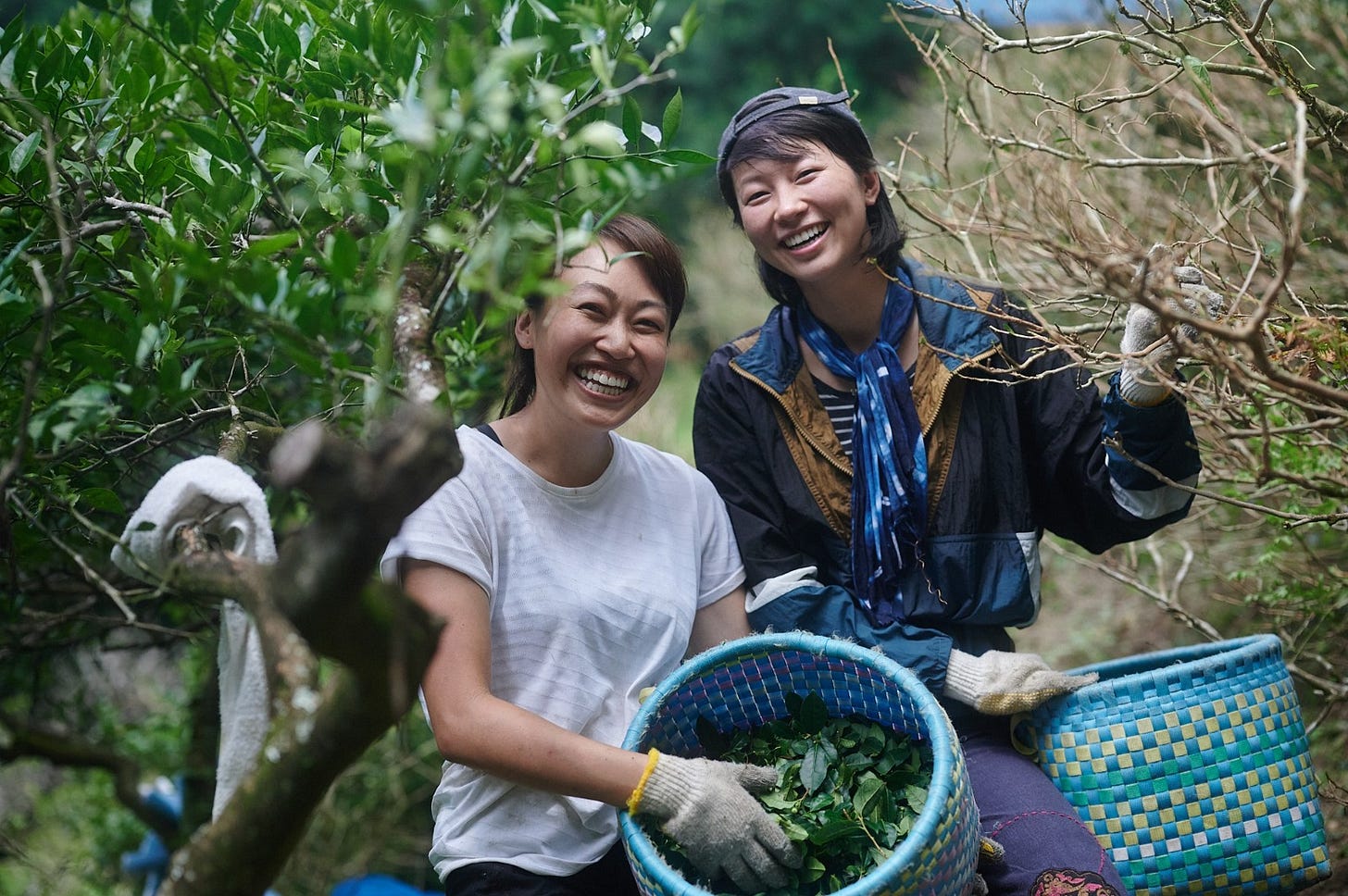
8. Where is home? If it is a physical place, does it still exist? Who lives there now?
Home is Kamikatsu village, where I live with my partner. But I also think of nature as home. And of course, my family feels like home too. My sense of home has never really been about a fixed place, and more about connection, community, and belonging.
Kamikatsu is a small, mountainous town in Tokushima Prefecture, best known for its pioneering zero-waste policy and commitment to sustainability. Before moving to Kamikatsu, I spent my entire life in cities, so adjusting to rural life was a profound shift. People aren’t necessarily less busy (in some ways, I think they’re busier), but life follows the rhythm of the natural world. It’s a pace I had never experienced growing up, one that’s hard to describe but, as cliché as it sounds, can only be felt. It’s not just that daily life is shaped by the weather, but that people are deeply attuned to nature's shifts in a way I had never understood before. "Connection, community, and belonging" weren’t automatically granted just by moving to Kamikatsu. But over time, I’ve been able to cultivate meaningful, intergenerational relationships that have given me those things in ways I never expected.
9. Who or what is your biggest motivator?
I think I’m most motivated by the feeling of being true to myself; whether I’m writing or working or just figuring out my next step. In my writing, I’m moved to share the everyday realities of rural life in Japan. In my work, I care about connecting people to the village, and about having real conversations around waste, climate, and what sustainable living might actually look like.
10. What is one helpful piece of advice someone shared with you when you needed encouragement or a kind word?
“To have peace inside is a very basic need. Without it, you can’t do anything to help others.” - Thich Nhat Hanh
That quote comes from “Zen and the Art of Saving the Planet” by Thich Nhat Hanh, a book that’s helped shape the way I show up in my personal life and for my work. I return to it often, especially in times when I feel pulled in too many directions or not balanced. It reminds me that if we want to be of service to others, taking care of ourselves and cultivating inner peace is the most important place to start.
11. When do you feel most impervious?
To be honest, I often feel more pervious than impervious — more like a sponge than a rock when it comes to criticism or self-doubt. It’s something I’m still working through (maybe something I will work through my whole life). But being in nature brings me closer to the feeling of being impervious. It's not that I feel invincible, but more that I feel part of something bigger. The feeling of being interconnected with all living beings makes me feel stronger, not from a place of domination, but from belonging. I’m not sure if that fully captures it, but that’s where I land for now.
Thank you Kana!
N.B. Want more Eleven Questions? Meet a ni-dan ranked Shodō calligrapher from New York who makes her home in rural Japan, and a queer Muslim writer in the Philippines.




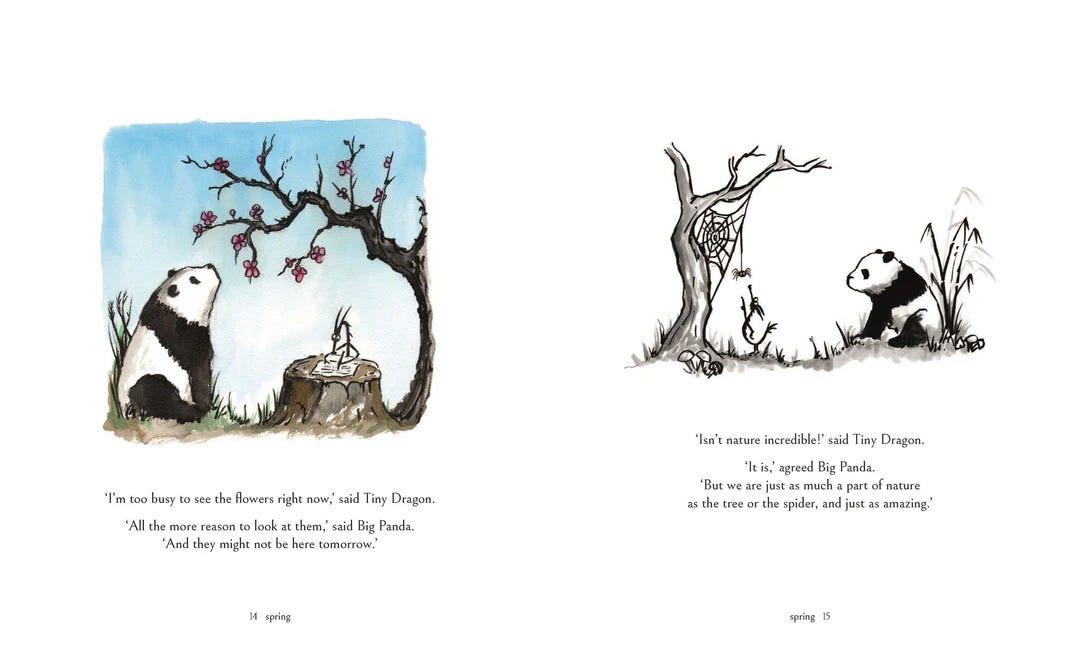
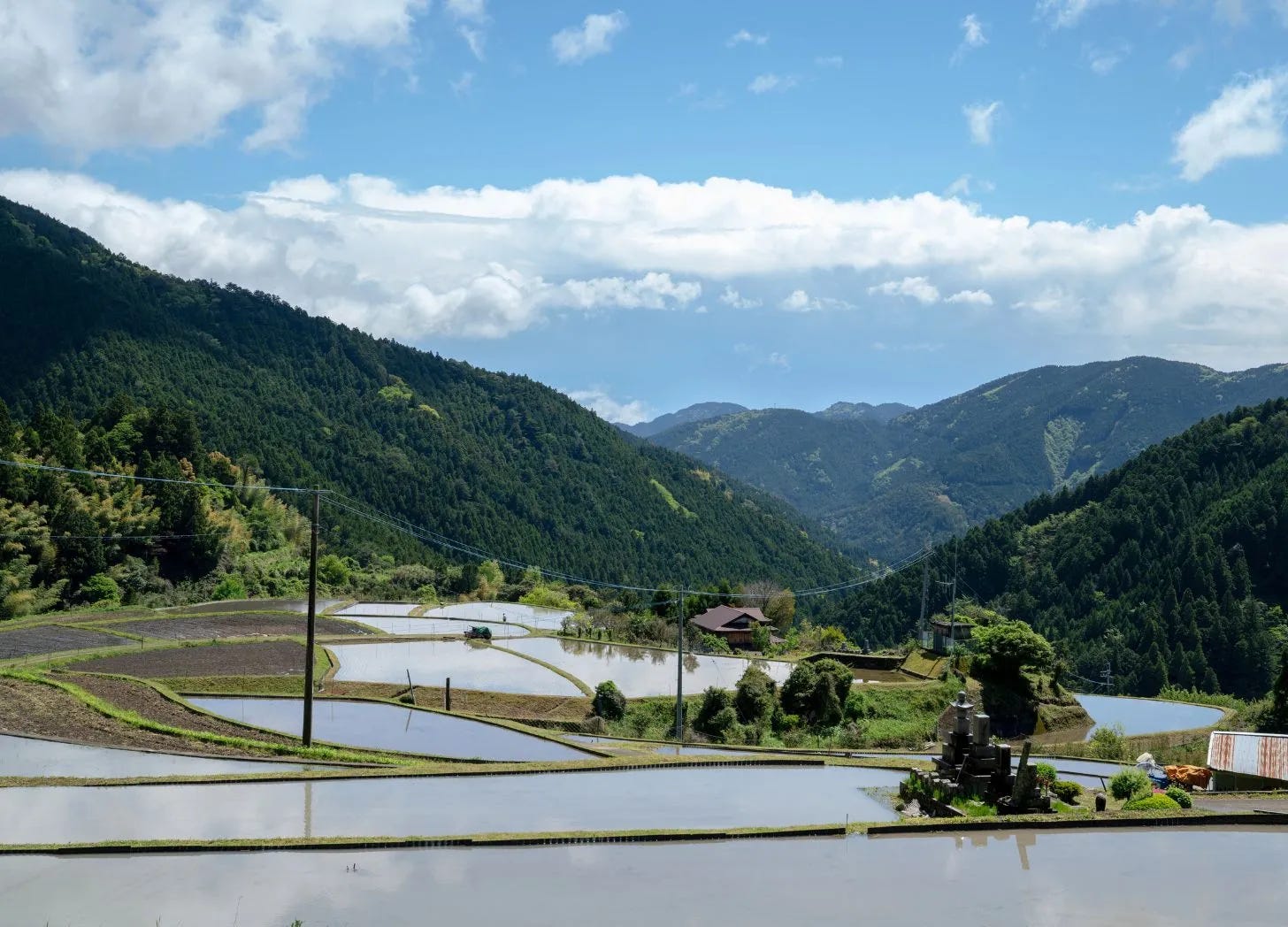
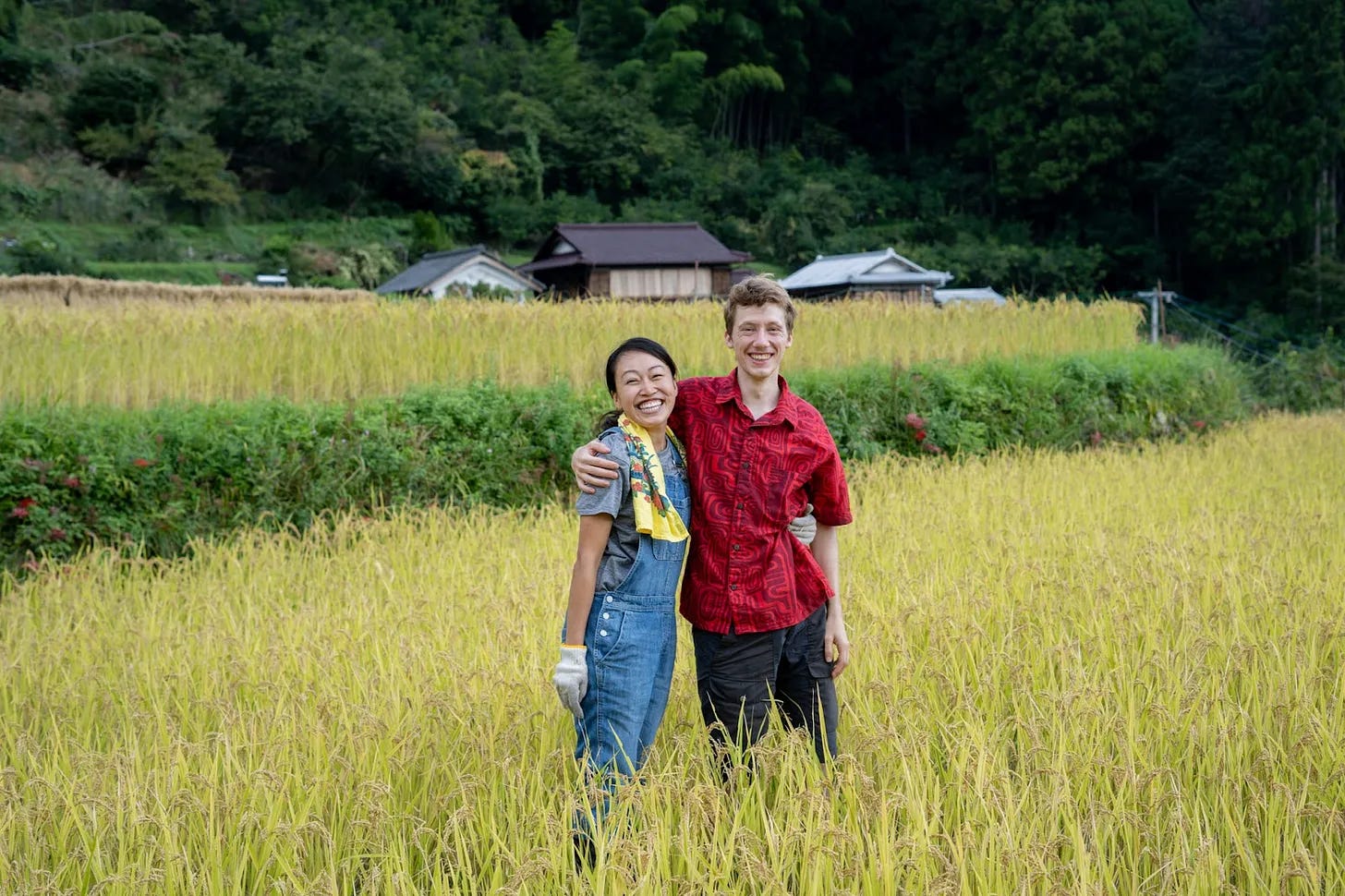
Kana is a fresh and welcome voice here on Substack. Thanks for giving her a platform to share more of herself, ZM. The Q&A format is very illuminating (with the right questions, of course).
Nice range of thought-provoking questions! 🌞